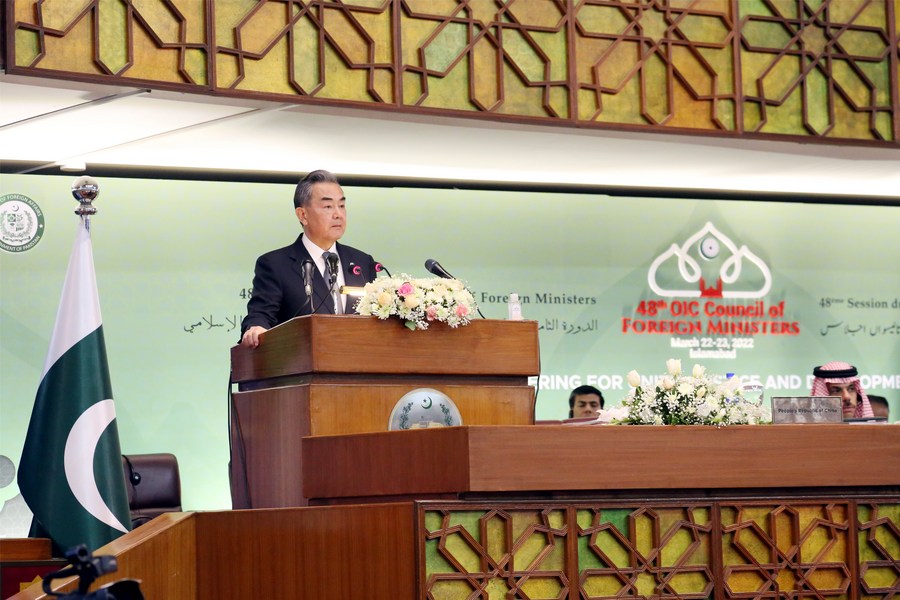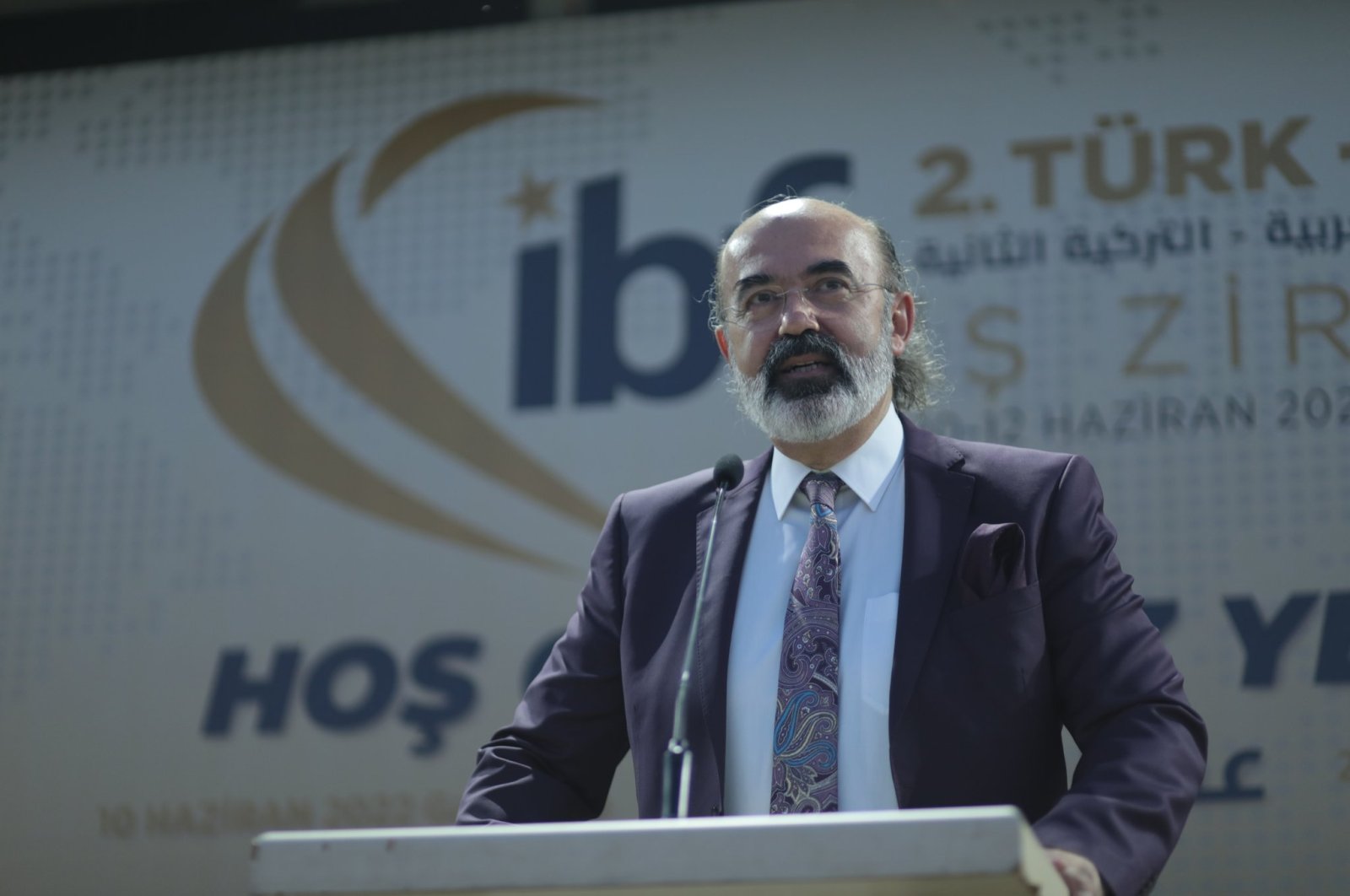Written by David Stevenson
Islamic finance is finally breaking into the mainstream. The driver for
much of the growth in demand comes from Muslims who are looking for
financial services that observe core Shariah ethical principles.
However, another key factor has been growing oil wealth, with demand
for ethical investments soaring in the Gulf region. Local stock markets
have struggled to cope with this wall of money, forcing many Gulf-based
investors to look overseas – and to London in particular with its many
Islamic-compliant services. The UK also boasts a number of
Islamic-compliant banks (five in total), including London-listed The Islamic Bank of Britain,
which opened for business in 2004. This wave of new products and
Islamic institutions has touched the debt markets, too – in April this
year, the London Stock Exchange listed Sukuk, a Sharia-compliant bond.
The fastest growth, though, has been in the funds space: Islamic
assets already total around $1 trillion (£560bn) globally, estimates
the Asian Development Bank, with annual growth of 10 to 15 percent a year.
This huge wall of money has sparked a frenzy of new financial
structures and ever more complex interpretations of religious
guidelines and rules. Crucially, this innovation has been centred on
working out ways that allow believers to invest in the developed
world’s stock markets, alongside markets in Islamic countries, knowing
that they’re not buying an asset of which their scriptures would
disapprove.
Equitable distribution
The fact that Islamic laws prohibit paying and receiving interest
doesn’t mean that that they frown on making money or encourage
reverting to an all-cash or barter economy. At its core, Islamic
finance is about linking the return to productivity and the quality of
the project, thereby ensuring a more equitable distribution of wealth,
based around a contract that manages risk.
In practice this means that in the funds space pretty much any
structure can work if its ethically designed with expert opinion and
approval – funds targeted at private Islamic private investors range
from a Shariah-compliant baby bond from the Children’s Mutual through
to Islamic hedge funds. Commodity funds specialist ETF Securities has
even launched a Shariah-compliant commodity funds platform, based on
spot prices via physical ownership of key precious metals.
Last month saw London’s first specialist Islamic closed-end fund
list on stock market. Called the Family Shari’ah Fund, this Cayman
Islands-registered but Bahrain-based fund is the UK’s first
actively-managed listed investment vehicle dedicated to Islamic
finance. Its stated objective is to generate “stable long-term capital
appreciation across a market cycle through a diversified pool of
investments” including money-market instruments, leasing and
fixed-income sukuks – real estate, private equity and structures
replicating hedge funds returns – plus equities.
Exchange-traded funds
The biggest growth has been seen in the index tracking or
exchange-traded funds (ETFs), in part because the idea of an Islamic
stock market index is far from new. The first Shariah-compliant indices
from a major provider were launched by Dow Jones Indexes in 1999, and
FTSE followed suit with its own family in 2000. Later entrants include
S&P (tracked by a new family of Deutsche DBX funds) and indices
from MSCI. It’s important that investors understand that not all
Islamic indices are created in the same way – the S&P index, for
example, screens out those companies that engage in the trading of gold
and silver as cash on a deferred basis, while the MSCI indexes screens
out companies involved in the music industry (including radio
broadcasting), hotels and the film and television industry (including
television broadcasters, cable providers and theatres).
Over in the ETF fund provider space, the key innovator has been
Barclays’ iShares unit. Traditionally, it is very good at spotting new
and alternative investment ideas – iShares’ range of alternative asset
and property funds is still the most comprehensive by a considerable
margin and it’s constantly churning out new ideas like its emerging
markets infrastructure ETF. Not surprisingly, then, it was also the
first to launch Islamic index funds using the MSCI index – there are
three funds on the market allowing Islamic investors to invest in the
US, Emerging Markets and a wide World Developed Markets index. But
iShares is not alone – it’s now facing stiff competition from its arch
rival Deutsche DBX, which has just launched its own range of three ETFs
that are (bar one fund) considerably cheaper than the iShares’ funds.
Looking at the funds in detail, you need to be aware that the key
decision to exclude financials (traditional banks) does have two major
effects. First, these indices have avoided some of the credit-crunch
panic, but at the risk of increased exposure to energy and resource
stocks. Holdings of these kind of resource stocks in the iShares ETFs
range from 34 per cent (US fund) through to 48 per cent for the
emerging markets fund. Second, healthcare becomes an important sector –
although, in bear markets, that may be something of a plus as most
healthcare stocks are fairly defensive by nature.
Still, with all sorts of ethically ‘challenged’ companies
deliberately screened out, it comes as no surprise to learn that some
non-Muslim socially-responsible (SRI) investors have started taking
these funds seriously. Many Christian investors, for example, would
probably share many, if not most, of the same ethical views as Islamic
investors – the only key difference seems to be that some Islamic funds
do not exclude weapons manufacturers but they do exclude banks, which
tend to pass most SRI tests. Apart from these inconsistencies,
investors might also want to question whether they’re entirely
comfortable with the idea of the advisory committees setting the
ethical screens – these tend to be comprised of a small number of
supposedly religious/business experts who set the standards based on
their interpretation or reading of the key religious texts. Investors
also need to be aware that these ETF funds are all still very small –
they might be closed if not successful – and still very much focused on
mainstream equities with no exposure yet to bonds or alternative asset
classes.
WHAT IS ISLAMIC FINANCE?
The Islamic Bank of Britain gives one of the best definitions of the
principles behind Islamic finance: “Central to Islamic finance is the
fact that money itself has no intrinsic value. As a matter of faith, a
Muslim cannot lend money to, or receive money from someone and expect
to benefit – interest is not allowed. To make money from money is
forbidden – wealth can only be generated through legitimate trade and
investment in assets. Money must be used in a productive way.”
When applied to an Islamic fund these principles imply a joint
pooling of funds where the investor contributes their money for the
purpose of its investment to earn halal profits.
A number of ideas are crucial. Instead of a fixed return tied up
with their face value, Islamic investments must carry a ‘proportionate
profit’ actually earned by the fund, and that means that neither the
principal nor a rate of profit can be guaranteed.
But how do index and fund providers translate these ethical ideas
into practical investments? The MSCI Islamic Series, for example, is
based on a normal MSCI index of shares but with equity screens applied
to weed out all the non-compliant shares. They exclude securities using
two types of criteria: business activity and financial ratios. The
screens involve excluding any company that derives more than 5 per cent
of its revenue (cumulatively) from, the activities like gambling,
alcohol and pork processing. For more details, see www.mscibarra.com



